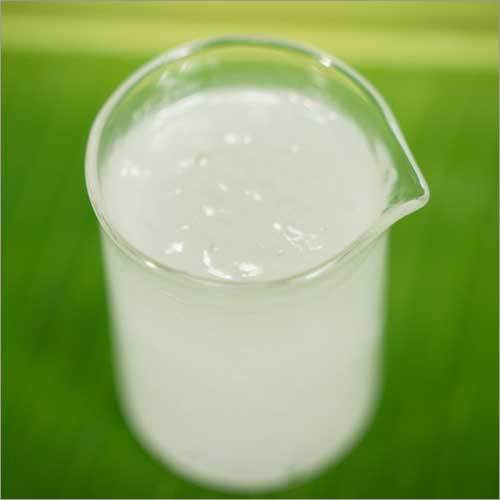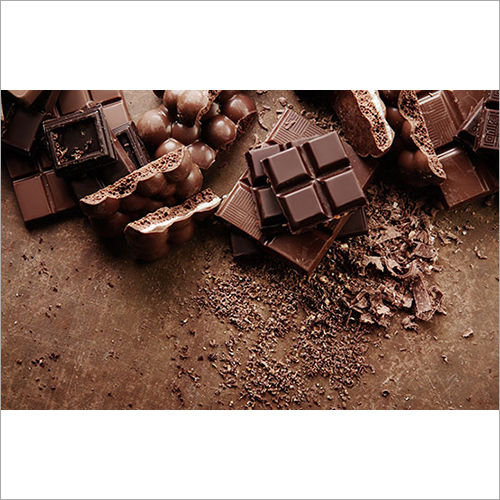
आरबीडी पाम ऑयल
1100 USD ($)/Metric Ton
उत्पाद विवरण:
- ग्रेड CP10, CP8 and CP6
- शेल्फ लाइफ वर्ष
- कच्चा माल Palm Oil
- उपयोग Cooking, Frying, etc
- प्रोसेसिंग रिफाइंड
- खेती का प्रकार ऑर्गेनिक
- पवित्रता 100%
- अधिक देखने के लिए क्लिक करें
X
आरबीडी पाम ऑयल मूल्य और मात्रा
- मैट्रिक टन
- मैट्रिक टन
- 20
आरबीडी पाम ऑयल उत्पाद की विशेषताएं
- 100%
- CP10, CP8 and CP6
- वर्ष
- Palm Oil
- ऑर्गेनिक
- रिफाइंड
- Cooking, Frying, etc
आरबीडी पाम ऑयल व्यापार सूचना
- Any Malaysia/Indonesia ports
- टेलीग्राफिक ट्रांसफर (T/T) लेटर ऑफ क्रेडिट (एल/सी) लेटर ऑफ क्रेडिट एट साइट (साइट एल/सी) कैश इन एडवांस (CID)
- प्रति महीने
- महीने
- Yes
- मुफ्त नमूने उपलब्ध हैं
- We can supply in 5L, 20L and 25L White/Yellow Jerry Cans as well as Drums & Flexi Bag
- मिडल ईस्ट एशिया ऑस्ट्रेलिया अफ्रीका
- ऑल इंडिया
- we are working with all top manufacturers holding the required certifications
उत्पाद वर्णन
RBD Palm Oil has been associated with a number of health advantages, including preserving brain function, lowering risk factors for heart disease, and boosting vitamin A levels. Protecting brain function is one of the many health advantages of palm oil. This does not contain Trans-Fat, it is regarded as the ideal cooking oil. Refined bleached deodorized palm oil is a great substitute for partially hydrogenated oils in many snack foods and baked goods because it is flavorless, odorless, light yellow in color, and semisolid at room temperature.
Applications of RBD Palm Oil:
1. Food Industry: RBD palm oil is commonly used in the food industry for cooking and frying purposes. It has a high smoke point, which makes it suitable for deep-frying. Additionally, it is used in the production of margarine, shortening, and various baked goods like cookies, pastries, and bread.
2. Confectionery and Snacks: RBD palm oil is an essential ingredient in the production of chocolates, candies, and other confectionery items. It helps improve texture, shelf life, and melting characteristics of these products.
3. Cosmetics and Personal Care Products: Due to its smooth texture and skin friendly properties, RBD palm oil is used in the production of various cosmetics and personal care products, such as soaps, lotions, creams, and lip balms.
4. Pharmaceuticals: In the pharmaceutical industry, RBD palm oil is used in the formulation of oral and topical medications to enhance drug solubility and delivery.
5. Household Products: RBD palm oil is also utilized in the production of household items like candles, laundry detergents, and cleaning agents.
6. Biofuel: Palm oil-based biodiesel is gaining popularity as an alternative and renewable energy source. RBD palm oil can be processed further to produce biodiesel, which can be used to power vehicles and machinery.
7. Animal Feed: RBD palm oil is included in animal feed formulations to provide a rich source of energy and nutrients for livestock and poultry.
8. Industrial Applications: Some industrial processes require oils with specific characteristics. RBD palm oil is used in applications like lubricants, coatings, and in the production of certain industrial chemicals.
FAQ:
Q: What does RBD stand for in RBD palm oil?
A: RBD stands for "Refined, Bleached, and Deodorized." RBD palm oil undergoes a refining process to remove impurities, bleaching to remove color, and deodorization to eliminate any odors or off-flavors.
Q: What is the difference between RBD palm oil and crude palm oil?
A: Crude palm oil is the raw, unprocessed oil extracted directly from the fruit of the oil palm tree. It has a red or orange color due to the presence of carotenoids and other natural pigments. RBD palm oil, on the other hand, is obtained after the crude oil undergoes a refining process to remove impurities, color, and odor. RBD palm oil has a clear, light-yellow appearance and a milder flavor compared to crude palm oil.
Q: Is RBD palm oil safe for consumption?
A: Yes, RBD palm oil is safe for consumption and is one of the most commonly used edible oils worldwide. However, as with any dietary fat, it should be consumed in moderation as part of a balanced diet.
Q: What are the nutritional characteristics of RBD palm oil?
A: RBD palm oil is a highly saturated fat and contains about 50% saturated fatty acids, 40% monounsaturated fatty acids, and 10% polyunsaturated fatty acids. It is a rich source of vitamin E tocotrienols, which are antioxidants with potential health benefits. RBD palm oil also contains small amounts of vitamin K and coenzyme Q10.
Q: Can RBD palm oil be used for frying?
A: Yes, RBD palm oil is often used for frying due to its high smoke point and stability at high temperatures. Its resistance to oxidation makes it suitable for repeated use in deep-frying applications.
Q: What are the applications of RBD palm oil in the food industry?
A: RBD palm oil is widely used in the food industry for cooking, frying, and baking. It is a common ingredient in the production of margarine, shortening, and various baked goods like cookies, pastries, and bread. Additionally, it is used in confectionery items like chocolates and candies.
Q: Is RBD palm oil sustainable?
A: The sustainability of palm oil, including RBD palm oil, has been a subject of concern due to issues such as deforestation, habitat loss, and environmental impact. To promote sustainable practices, certifications like RSPO (Roundtable on Sustainable Palm Oil) have been established to ensure responsible sourcing and production of palm oil.
Q: Can RBD palm oil be used in non-food applications?
A: Yes, RBD palm oil finds applications beyond the food industry. It is used in the production of cosmetics, personal care products, pharmaceuticals, animal feed, biofuels, and certain industrial applications such as lubricants and coatings.
Q: Are there any health concerns associated with RBD palm oil?
A: RBD palm oil, like any other edible oil high in saturated fats, should be consumed in moderation as part of a balanced diet. Excessive consumption of saturated fats may contribute to cardiovascular issues. Health-conscious consumers may choose to use oils with lower saturated fat content in their diets.
Q: How should RBD palm oil be stored?
A: RBD palm oil should be stored in a cool, dry place, away from direct sunlight and heat. Proper storage helps maintain its quality and extends its shelf life. Additionally, keeping the oil in a sealed container can prevent it from absorbing odors and flavors from its surroundings.
क्रय आवश्यकता विवरण दर्ज करें







